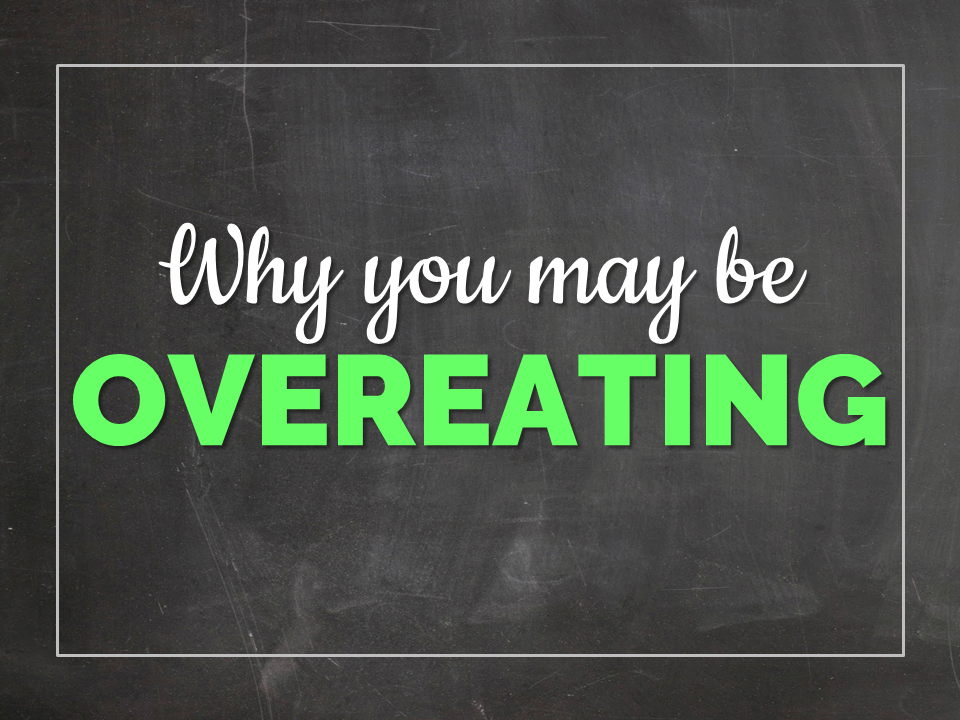I’m taking the discussion on your hormones a little further today.
There are three more hormones I want to talk about which can explain why you may overeat.
And I’m actually not starting not with these hormones…
I’m starting with sugar and flour.
I know that nobody (not even me) likes to hear that sugar or flour could possibly lead us to overeat, gain belly fat, and cause obesity.
We love our sweets and treats.
But the fact is that processed, refined foods – many of which contain added sugar and/or flour – are high in calories and low in nutrients.
And because they’re so refined, they’re quickly digested.
So eating them causes your fat-storing hormone, insulin, to spike (which I’ve discussed in more detail in a previous blog “The 4 Hormones Every Woman Should Know.”)
But they also cause a spike in your pleasure hormone, dopamine.
Dopamine
So these foods actually give you a temporary “hit” or high, while at the same time making you fatter.
And of course I’m talking about foods like cookies, cakes, candy, bread, pasta, crackers, pizza, etc….
As you can imagine, getting this dopamine “hit” is addictive.
It feels good; it’s a temporary escape from your worries and problems.
That’s why you may find yourself unwilling, and very defensive about, parting with your morning toast, or that chocolate chip cookie with your coffee.
And so the cycle of overeating continues.
But there’s something more.
There are two more hormones that come into play that – when unbalanced – can cause you to overeat and make losing fat very difficult.
Leptin and Ghrelin
Leptin is made by your fat cells and signals to the brain when you’ve had enough food.
It makes you feel satisfied or full.
And ghrelin is made by the cells in your stomach, and signals to the brain that your stomach is empty.
It makes you feel those physical sensations of hunger.
Both these hormones work together to regulate your food intake.
However, there are things that can cause them not to work properly.
First, high insulin and obesity.
Both these conditions can cause you to become leptin resistant.
Meaning it will take a lot more food for your brain to get the signal that you’re full.
And that, of course, can cause you to overeat and crave more of those highly refined foods that give you so much pleasure.
Ghrelin, on the other hand, can be thrown off when you’re under stress, lacking sleep, or are severely restricting calories.
These conditions cause your stomach to release ghrelin, making you feel hungry.
And of course they too can lead to overeating.
So what can you do to bring dopamine, leptin, and ghrelin back on track and prevent yourself from overeating?
1. Restrict or eliminate foods with added sugar and flour
Yes, it takes some effort to wean yourself off the dopamine hit that sugar and flour gives you…
But if you’ve got weight to lose, it could be the biggest bang for your buck.
In addition to fat loss, eliminating these foods can also help reduce your menopause issues including hot flashes, mood swings, brain fog, and migraines.
2. Take care of your stress
Stress seems to be a constant these days.
But a lot of times we’re stressing about things that don’t really matter, things that no amount of worrying can solve.
The fact is you do have control over your stress through the choices you make and the thoughts you choose to believe.
And if you need help with reducing your stress, you can see a therapist or coach, create a meditation or mindfulness practice, or do relaxing activities like yoga or chi gong.
3. Sleep better
Uninterrupted sleep and getting enough sleep are important if you want your body to function as it should.
If sleep is an issue for you, begin by creating a bed-time routine to lull yourself into sleep.
First, set up your space by turning down the heat in your home to about 18°C , cracking open a window in your bedroom, and keeping your room completely dark.
Also, about an hour before bedtime, turn off all screens, dim all the lights in your home, take a warm bath or shower, put on your comfy pajamas, drink some warm chamomile tea, and listen to soothing music or a meditation.
Sleep tight 😊
4. Avoid crash diets
Dieting usually consists of cutting a lot of calories in an effort to lose weight.
However, when you restrict too much, you make yourself even hungrier.
A better way is to replace empty calories, like those from sugar and flour, with more protein, healthy fats, veggies, and complex carbohydrates.
You’ll likely eat less of these whole foods because they’re nutrient dense, making you feel fuller.
5. Work out with intensity
I’ve talked about the fat burning benefits of high intensity exercise before (see my blog post “3 Ways to Move to lose belly fat in perimenopause.”)
But now it’s also been shown that short bursts of intense movement help suppress appetite.
So high intensity interval training (HIIT) or Tabata are good options here.
6. Remember, hunger isn’t an emergency
Feeling hungry is a signal that your stomach is empty.
Physical hunger doesn’t mean that you have to eat immediately.
In fact, food wasn’t so readily available for most of human history as it is today, and we couldn’t always eat when we were hungry.
Yes, I know it’s not comfortable to feel hungry, but the fact is that you could go probably 3 whole weeks without eating and survive.
So, allow yourself to feel hunger, don’t panic, and eat at the next available opportunity.
Would you be willing to give up sugar and flour to lose fat?
I’d really love to know what you think about this!
Put your thoughts in the comments below.
Thanks for taking the time to read this post… I hope it help you understand a little more about why we overeat.
Keep moving forward,
Debbie
P.S. If you need help getting overeating under control, feel free to contact me at debbie@momentum-fit.ca or check out my 6-Week Personal Coaching Program.



Wow this is a great blog and it really helps you understand how some foods like refined processed foods ( like flour) can lead to weight gain and fat. Sometimes we think we are eating well, like having pasta dinner but having refined white pasta can give you excess weight and you weren’t even aware. Interesting, hope it helps a lot of people realize what they are eating! 🙂
I hope so too, Caroline!
I grew up on pasta, bread, and box cereals, and thought they were healthy. But the more I read the research, and the less I eat of those foods and eat more whole foods, the less heavy and bloated I feel 😊